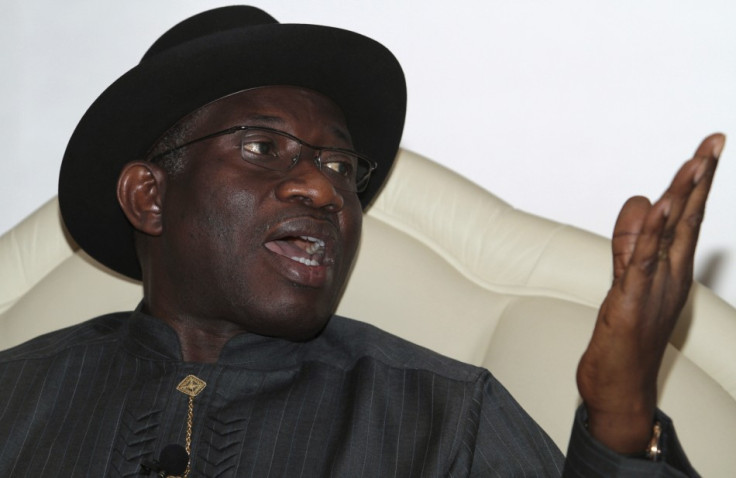Nigerian Population Explosion Must be Contained, Warns President Goodluck Jonathan
Birth control legislation may be brought in as Africa's most populous country faces demographic nightmare of 400 million by 2050.

Nigeria's president has called for better family planning and pleaded with his compatriots to limit the number of children they have to only the number they can afford as his country faces up to a population of 400 million by 2050.
With a population of 160 million, Nigeria is Africa's most populous country. A United Nations population forecast has warned that it could grow to 400 million by 2050. The rate is growing by between 2.5 and 3.3 percent a year.
Jonathan said the issue of birth control was sensitive for both Christian and Muslim Nigerians.
"Christians, Muslims, traditionalists and all the other religions believe that children are God's gifts to man" he said. "It is a very sensitive thing but we must begin to think about it. We must begin to think about how we'll manage it."
The president explained that population planning programmes should encourage "Nigerians to have the number of children they can manage".
He warned that the government could bring in legislation on birth control but he opted first for encouragement rather than coercion.
According to the News Agency of Nigeria, he decried past failed attempts to better control population growth and said the country needed more reliable figures before further and more efficient programmes or regulations could be implemented.
"There cannot be genuine sustained development if it is not anchored on accurate and reliable data," he warned.
The president also urged the National Population Commission, established in 1988 to distribute national ID cards to all Nigerians, to meet its deadline of 2015.
UN Secretary-General Ban Ki-moon's special adviser Jeffrey Sachs said in 2011 that Nigerians should "work towards attaining a maximum of three children per family".
According to the 2010 National Bureau of Statistics, Nigeria has a youth population of approximately 80 million - 60 percent of the total - but up to 64 million of them are unemployed.
© Copyright IBTimes 2024. All rights reserved.





